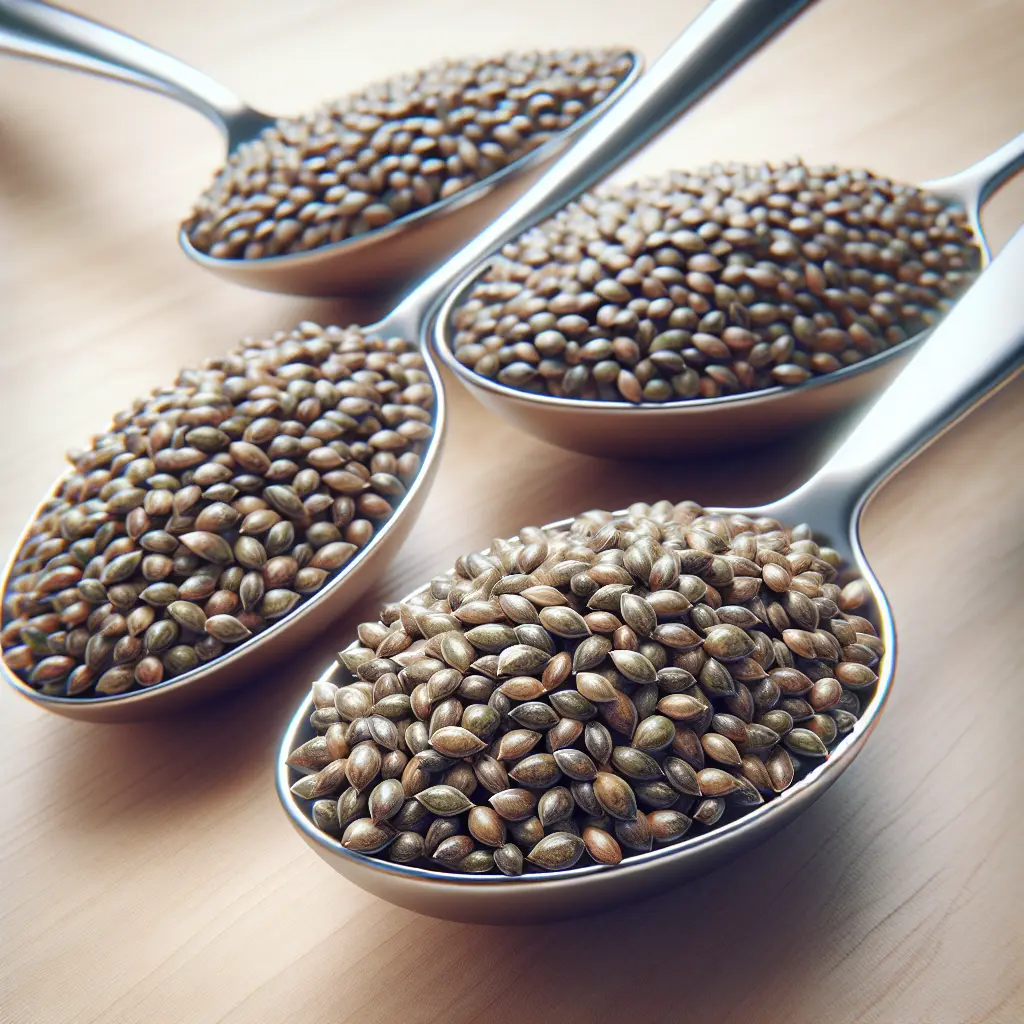Hemp: A Nutritional Superstar
Hemp, obtained from the Cannabis sativa plant, is a versatile superfood packed with an impressive array of nutrients. With its high protein content and low carbohydrate profile, hemp stands as a prime choice for vegetarians, vegans, and health-conscious individuals alike.
- Protein: Hemp boasts a remarkable 9.5 grams of protein per 3 tbsp serving, making it an excellent plant-based source of this essential macronutrient. Protein is vital for building and maintaining muscle mass, repairing tissues, and producing enzymes and hormones.
- Carbohydrates: Hemp contains only 2.6 grams of carbohydrates per serving, which is relatively low compared to other plant-based foods. This makes it a suitable choice for individuals on low-carb diets or those managing blood sugar levels.
- Fiber: Hemp is a good source of dietary fiber, providing 1.2 grams per serving. Fiber supports digestive health, promotes satiety, and may help reduce the risk of certain chronic diseases.
- Essential Fatty Acids: Hemp is abundant in essential fatty acids, including omega-3 and omega-6. These fatty acids play a crucial role in brain function, heart health, and inflammation reduction.
- Other Nutrients: Hemp also contains significant amounts of vitamins, minerals, and antioxidants, including vitamin E, magnesium, iron, and zinc.
Benefits of Hemp
Incorporating hemp into your diet offers numerous health benefits:
- Improved Cardiovascular Health: The omega-3 and omega-6 fatty acids in hemp contribute to heart health by reducing inflammation and lowering cholesterol levels.
- Reduced Inflammation: Hemp's anti-inflammatory properties may help alleviate symptoms of inflammatory conditions such as arthritis and asthma.
- Enhanced Cognitive Function: Hemp's omega-3 fatty acids support brain health and may improve cognitive function, memory, and mood.
- Weight Management: Hemp's high protein and fiber content promotes satiety and aids in weight management.
- Improved Digestion: The fiber in hemp promotes regular bowel movements and supports a healthy digestive system.
Incorporating Hemp into Your Diet
Hemp is a versatile ingredient that can be easily incorporated into a variety of dishes. Here are some tips:
- Hemp Seeds: Sprinkle hemp seeds over salads, smoothies, or oatmeal for a nutritional boost.
- Hemp Oil: Use hemp oil as a salad dressing, marinade, or cooking oil.
- Hemp Milk: Hemp milk is a dairy-free alternative that can be used in smoothies, cereal, or coffee.
- Hemp Protein Powder: Add hemp protein powder to shakes, smoothies, or baked goods to increase protein intake.
- Hemp Hearts: Hemp hearts are the inner part of the hemp seed and can be eaten raw, added to trail mix, or baked into bread or crackers.
How many calories are in Hemp?
Each 3 tbsp of Hemp contains 166 calories.
Hemp Nutritional Information
| Nutrient | Amount per 3 tbsp (30g) |
|---|---|
| Calories | 166 Calories |
| Protein | 9.5g |
| Fat | 15g |
| Saturated Fat | 1.4g |
| Cholesterol | 0mg |
| Carbohydrates | 2.6g |
| Dietary Fiber | 1.2g |
| Sugar | 0.5g |
| Sodium | 0.0015mg |
| Potassium | 0.36mg |
| Calcium | 0.021mg |
| Iron | 0.0024mg |
